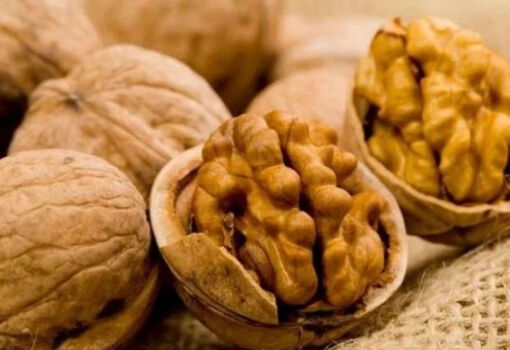
At the moment, the most important commodity position of Moldovan agriculture in the structure of exports to the Russian market is apples. Managers of some enterprises-members of Moldova Fruct Association note that theoretically the solution to the problem could be the delivery of this product to Belarus, with subsequent reloading and delivery to Russian buyers. However, this is an additional cost, which is important, but not critical. The feasibility of such an operation will depend on the price situation for apples on the Belarusian and Russian markets, as well as some other factors.
The first of them is the presence or absence of “backloading”. Usually, the former is considered to be a good luck rather than an obligatory norm. However, in the case of Moldovan cargo transportation to Russia or Belarus, the possibility of loading Belarusian root vegetables, onions and potatoes on a return flight to Moldova is not rare, especially in winter-spring.
Another limiting factor is the expected terms of realization of goods. Overloading of any fruit is a break in the “cold chain”, i.e. violation of the temperature regime in the logistics/storage process, which significantly reduces the “commercial life” of the product. In particular, earlier traders noted as an important competitive advantage of Moldovan apple over, for example, Iranian apple that in Russian retail the former retains its marketable appearance longer. Overloading can level this advantage.
Even more than for apples, the integrity of the “cold chain” is important for stone fruits (cherries, plums, etc.), table grapes and, especially, berries (strawberries, raspberries). In the latter case, the need for overloading brings the delivery into an extremely risky zone.
It is also necessary to take into account that for Moldovan transporters the ban does not apply to transportation (apparently, it means transit) of live animals, meat and meat by-products, fish, dairy products, eggs, vegetables, fruits, nuts and other goods. In this regard, it is important to keep in mind that Central Asian countries, in particular Kazakhstan, have been significant buyers of Moldovan apples since some time.
It remains to be hoped that fruit will not be excluded from the list of goods of legal transit through the Russian Federation.

